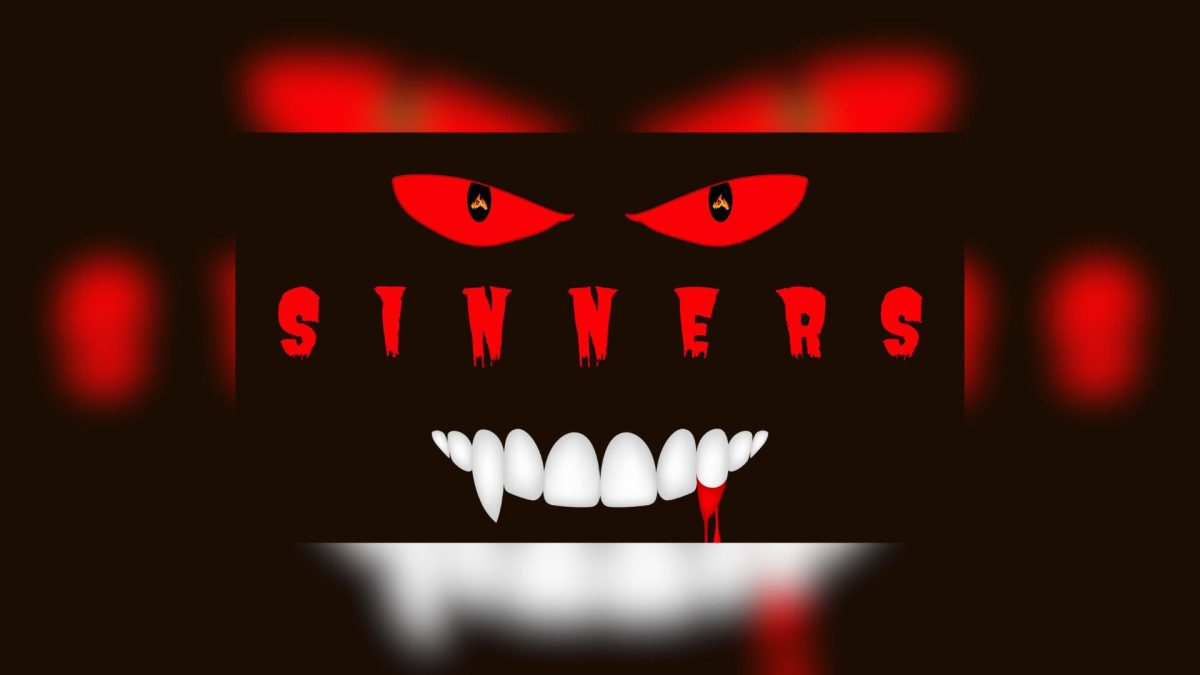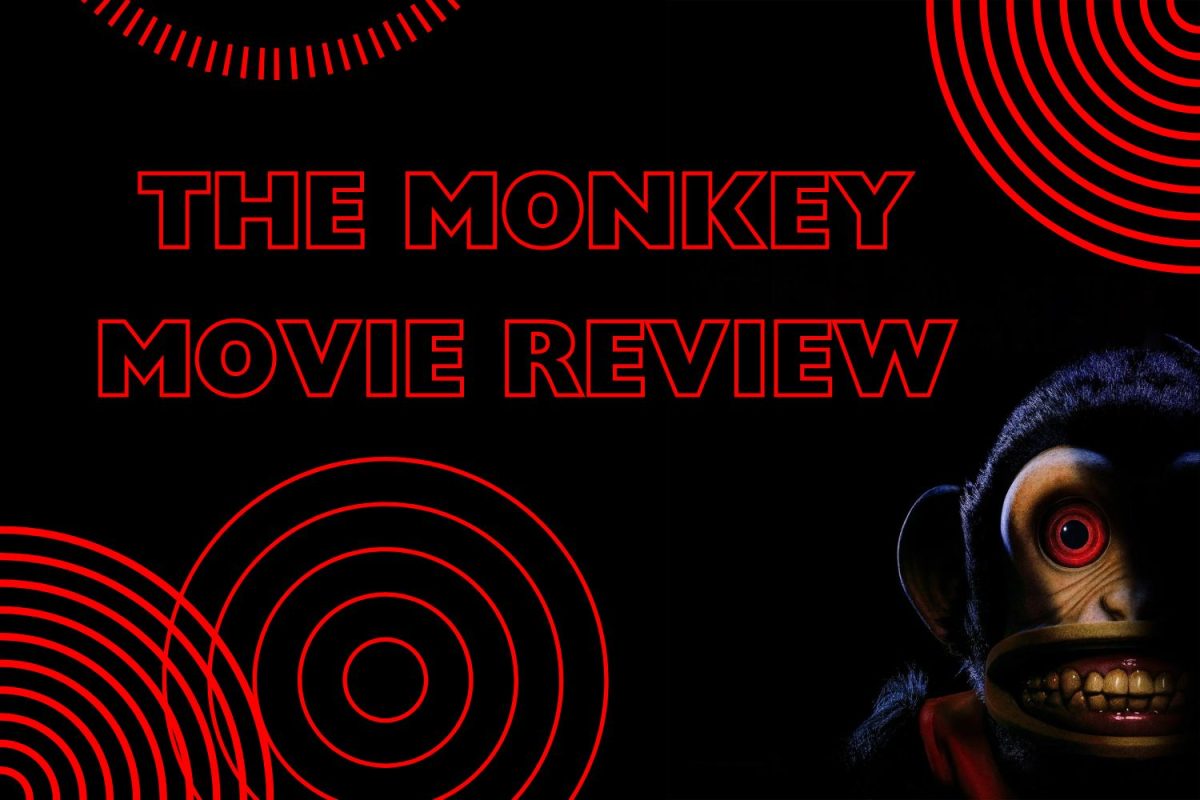|
Getting your Trinity Audio player ready...
|
Tyler, The Creator has undergone a musical and personal renaissance over the last several years.
The California-based rapper and producer, once known for his brash, controversial spate of albums from the early 2010s, is now a beloved superstar known for his distinct hip-hop sound, which is a brilliant mix of sounds and artists from his youth, such as The Neptunes, Kanye West and dirty South hip-hop.
Along with other hip-hop artists such as Kendrick Lamar and Freddie Gibbs, Tyler is one of the benchmarks in contemporary rap.
His latest release stirred us fans into a frenzy. Less than two weeks after he announced it, Tyler released “Chromakopia” in late October. The 14-track setlist is a departure from his usual album structure. The songs are closer in length than past albums, and there’s no tenth-track double song, which is a tradition dating back to 2014’s “Wolf.”
“[I don’t] give a f*** about traditions/ Stop impressing the dead,” Tyler says in the album’s intro “St. Chroma,” telling listeners they shouldn’t expect the typical tricks from this album.
Largely, “Chromakopia” is the better for its deviation from the norm. Tyler’s latest record is another excellent album filled with vibrant soundscapes and witty lyrics, and it further cements Tyler’s place among hip-hop’s all-time greats.
The first half of the album, especially, is essentially perfect. Each song is tight, concise and wildly enjoyable and contains many of the album’s numerous highlights, such as Caesar’s gospel-esque crooning on “St. Chroma,” Teezo Touchdown’s powerhouse belting on “Darling, I” and Tyler’s list of quotable vocal soundbites, all come within the album’s first seven songs.
Tracks 4-7 is my favorite section from the album. These tracks – “Darling, I,” “Hey Jane,” “I Killed You” and “Judge Judy” – are among Tyler’s strongest, most introspective songs across his 15-year career.
Tyler speaks about his racial identity and his sexual relationships, including his hesitancy to settle down and an apparent pregnancy scare, two themes he frequently revisits across the rest of the album.
“I Killed You,” in particular, is such a fantastic track. While it’s relatively brief with a 2:47 runtime, Tyler still manages to convey the racist stigma Black people endure over their natural hair. The “you” Tyler speaks to is his hair, and he explains that he must “kill” his hair if he wants to maintain a sense of professionalism.
“I gotta work, I gotta eat/ If they see you on top of me, I gotta leave/ B****, I killed you,” he regretfully expresses in the song’s opening moments. As a Black man with a huge afro who is often in “professional” spaces, I understand the sentiment completely.
These electro, xylophone-like chord progressions, mixed with a legion of raspy, boisterous horns reminiscent of vintage OutKast, grow louder and louder as Tyler’s frustrations become more apparent.
The song then transitions to its outro, where Childish Gambino sings “just stay beautiful” over a groovy, smooth instrumental, fighting the stigma against our hair with radical self-love.
“I Killed You” feels like a cathartic explosion toward institutional and interpersonal racism, followed by a warm hug, affirming my identity and beauty. It is, in my opinion, the best song on the album and one of Tyler’s best tracks ever.
Track eight and onward are the slightest step down from “Chromakopia’s” first half, as I feel they flow together less smoothly than the first seven songs.
Also, the second half contains the album’s weakest song, the tenth track, “Tomorrow,” a minimalistic, singular track that feels purposely different than the usual double song Tyler places at track ten, such as “Gone, Gone/Thank You” on 2019’s “Igor.”
While I commend his aversion to simply please his fans’ expectations, I feel a double song would’ve been better than “Tomorrow,” which isn’t a bad song but certainly the least enjoyable on an otherwise incredible album.
Still, the second half is an excellent run reflecting Tyler’s maturity as an artist and a person. It features brash headbangers like “Sticky,” “Thought I Was Dead” and “Balloon.” Tyler spits a slew of braggadocious bars alongside a smattering of quick, charismatic features, each of which succeed in staying stuck in my head for days on end.
They’re all great, fun tracks that balance “Chromakopia’s” somber moments with much-needed levity. Tyler’s melodic introspection makes an appearance in “Take Your Mask Off,” “I Hope You Find Your Way Home” and “Like Him,” another personal favorite about Tyler overcoming his long-expressed pain over his father’s absence.
The back half of “Like Him” sounds perfect for the climax of a movie, as the runaway synth soars alongside Tyler’s vocals, signifying he’s finally set himself free from the trauma surrounding his father.
“I’m everything that I strived to be,” he declares, noting he’s succeeded in life even without having his dad around. The song feels cinematic, and I adored it from my first listen.
“Chromakopia” is a man’s self-reflection, highlighting his growth, his changes in perspective and the things most pressing on his mind as he grows older. It is a worthy addition to his recent slate of classic albums, stringing elements of those albums together to produce one that is both familiar in sound and tone, but unique in its delivery and depth.
I highly recommend “Chromakopia” to Tyler, The Creator fans, hip-hop heads and music fanatics in general. With this album, Tyler etched his place in hip-hop history – take a listen to “Chromakopia” and see for yourself.









